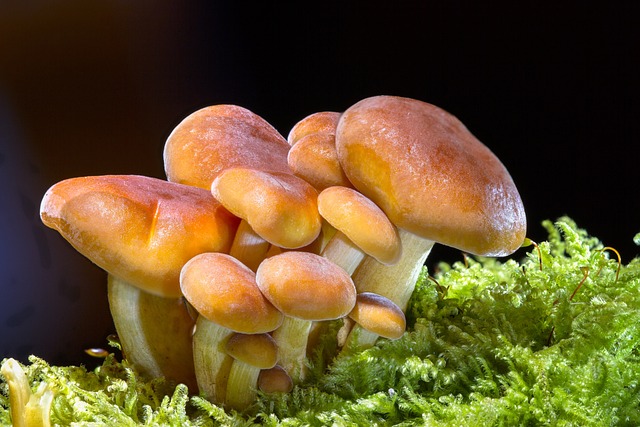From Stomach to Skin: How Probiotics Can Transform Your Beauty Routine
Probiotics have gained significant popularity in recent years for their remarkable health benefits. While most people associate probiotics with digestive health, these beneficial bacteria can also work wonders for your skin. Incorporating probiotics into your beauty routine can help improve the health and appearance of your skin, giving you a glowing complexion that radiates from within.
What are Probiotics?
Probiotics are live microorganisms that provide a wide range of health benefits when consumed or applied to the body. They are commonly known as “good bacteria” and help to maintain a balanced microbiome, which is crucial for overall well-being.
Probiotics can be found in various fermented foods such as yogurt, sauerkraut, and kefir. They are also available in supplement form, making it easy to incorporate them into your daily routine.
The Gut-Skin Connection
Before we delve into the benefits of probiotics for your skin, it’s important to understand the connection between your gut and your skin. The gut and skin are both organs of detoxification. The health of your gut directly influences the health and appearance of your skin.
A well-balanced gut microbiome contributes to a strong skin barrier, preventing the infiltration of harmful toxins and allergens that can lead to various skin conditions. On the other hand, an imbalanced gut microbiome can result in inflammation and skin problems such as acne, eczema, and rosacea.
By nurturing your gut with probiotics, you can help restore balance and promote optimal skin health.
The Benefits of Probiotics for Your Skin
1. Clearer Complexion: Probiotics have shown promising results in improving skin conditions such as acne. They help promote a healthy balance of bacteria in the gut, which can reduce inflammation and prevent breakouts.
2. Increased Hydration: Probiotics can also improve skin hydration. They enhance the production of ceramides, which are essential for maintaining the skin’s moisture barrier. This can result in softer, more hydrated skin and reduce the appearance of fine lines and wrinkles.
3. Reduced Sensitivity: If you have sensitive skin, probiotics can be a game-changer. They strengthen the skin barrier, making it less prone to irritation and redness. Probiotics can also help alleviate symptoms of conditions such as rosacea and eczema.
4. Brighter Complexion: Probiotics have been found to promote the production of collagen, a protein that keeps the skin plump and youthful-looking. By increasing collagen production, probiotics can help improve skin elasticity and give you a brighter complexion.
How to Incorporate Probiotics into Your Beauty Routine
1. Topical Products: Look for skincare products that contain probiotics. These can include cleansers, serums, moisturizers, and masks. Applying these products directly to your skin can help restore its natural balance and promote a healthy microbiome.
2. Probiotic Supplements: In addition to topical application, taking probiotic supplements can provide internal support for your skin. Choose a high-quality probiotic that contains strains specifically beneficial for skin health.
3. Dietary Changes: Incorporate probiotic-rich foods into your diet to support overall gut health. Yogurt, kefir, kimchi, and sauerkraut are all excellent sources of probiotics. Combine these with a balanced diet rich in fruits, vegetables, and whole grains for optimal results.
Final Thoughts
Probiotics offer a multitude of benefits for both your gut and your skin. By incorporating probiotics into your beauty routine, you can address skin concerns from within and achieve a radiant complexion. Whether you choose to use topical products, take supplements, or modify your diet, remember to be consistent and patient. It may take some time to see noticeable improvements, but the long-term benefits are worth it.
Remember, everyone’s skin is unique, so it’s essential to listen to your body and adjust your probiotic routine accordingly. Consult with a dermatologist or healthcare professional for personalized advice and recommendations.







